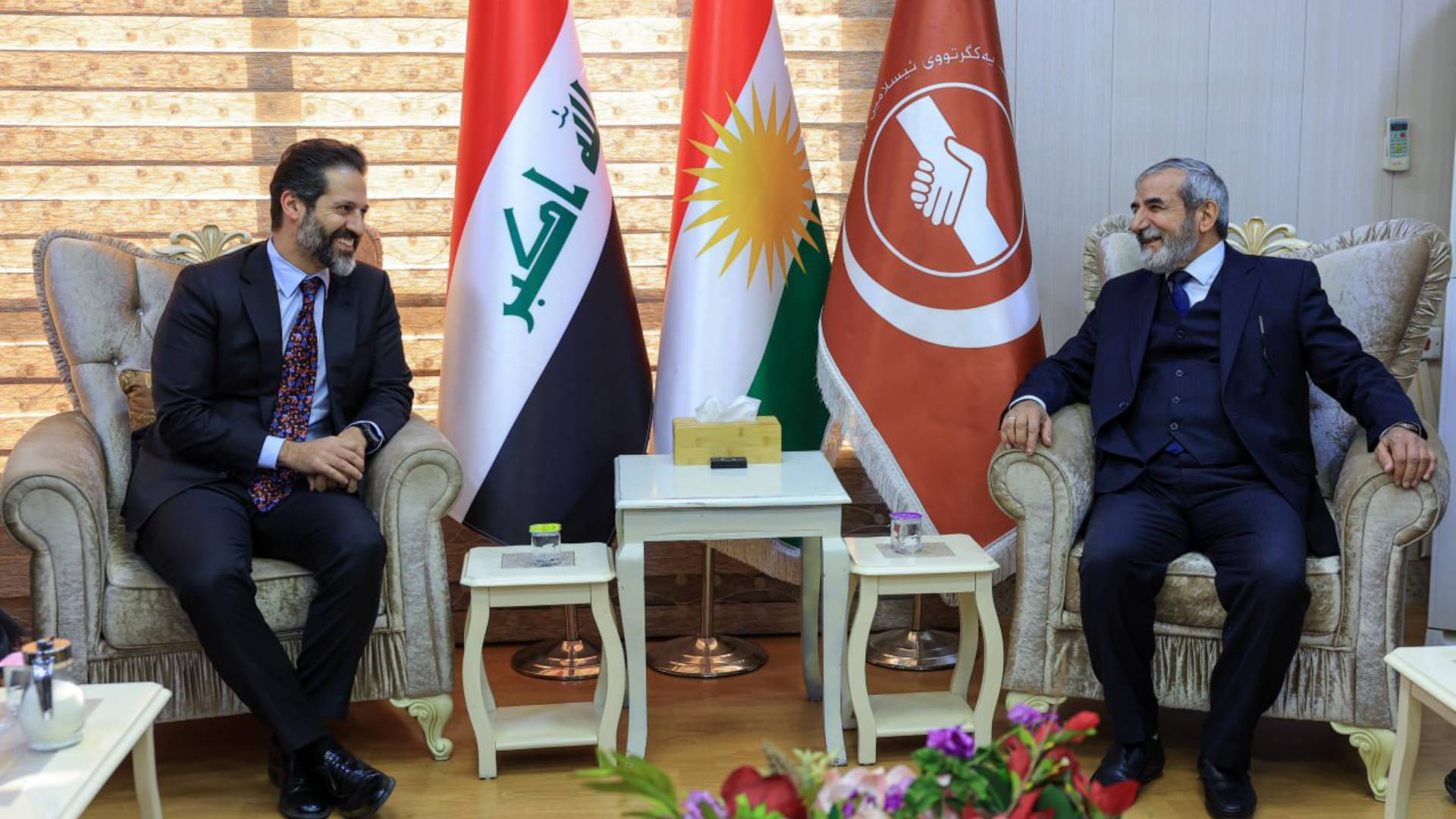Qubad Talabani, supervisor of the General Secretariat of President Mam Jalal, has held a series of high-profile meetings with political leaders following the Kurdistan parliamentary elections. These meetings, aimed at fostering cooperation and addressing citizen welfare, included discussions with the Kurdistan Justice Group (KJG), the Change (Gorran) Movement, and the Kurdistan Islamic Union, focusing on building strong institutions, improving livelihoods, and forming a new government.
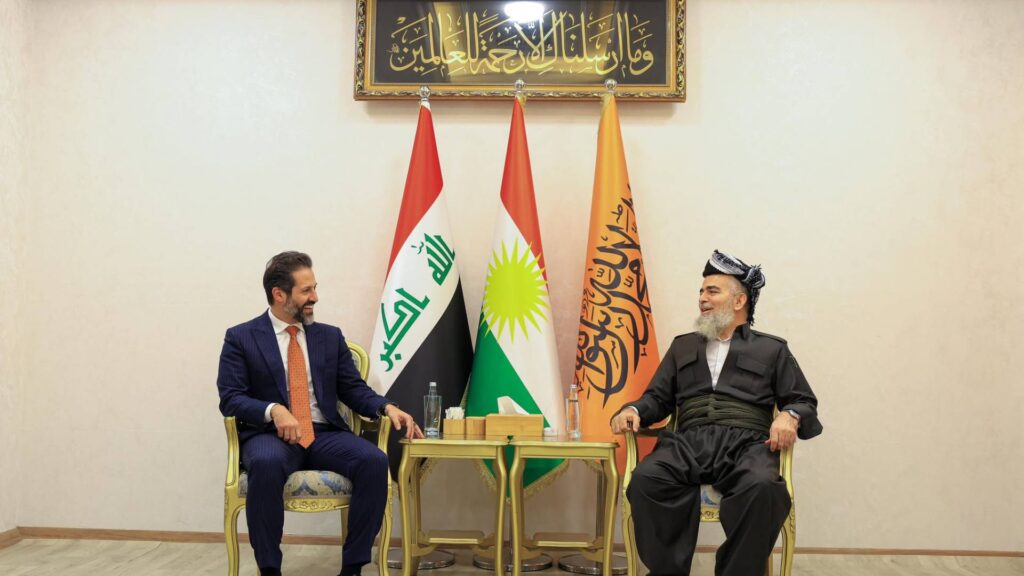
Meeting with the Kurdistan Justice Group (KJG)
Qubad Talabani led a Patriotic Union of Kurdistan (PUK) delegation to visit the Kurdistan Justice Group (KJG) in Erbil. The delegation was warmly received by Ali Bapir, KJG’s leader, and members of the Supreme Council. Discussions centered on political developments, the inaugural Kurdistan Parliament session, and the formation of a new cabinet.
Both parties underscored the importance of prioritizing citizens’ welfare, emphasizing that the new government should serve the people effectively. Ali Bapir reiterated KJG’s stance on abstaining from participating in Parliament, although the PUK delegation highlighted the group’s potential to play a pivotal role within the legislative body.
A crucial issue raised was the need to address salary injustices faced by public employees. Both sides agreed that resolving the ongoing salary distribution challenges is essential to ensuring economic stability and social justice.
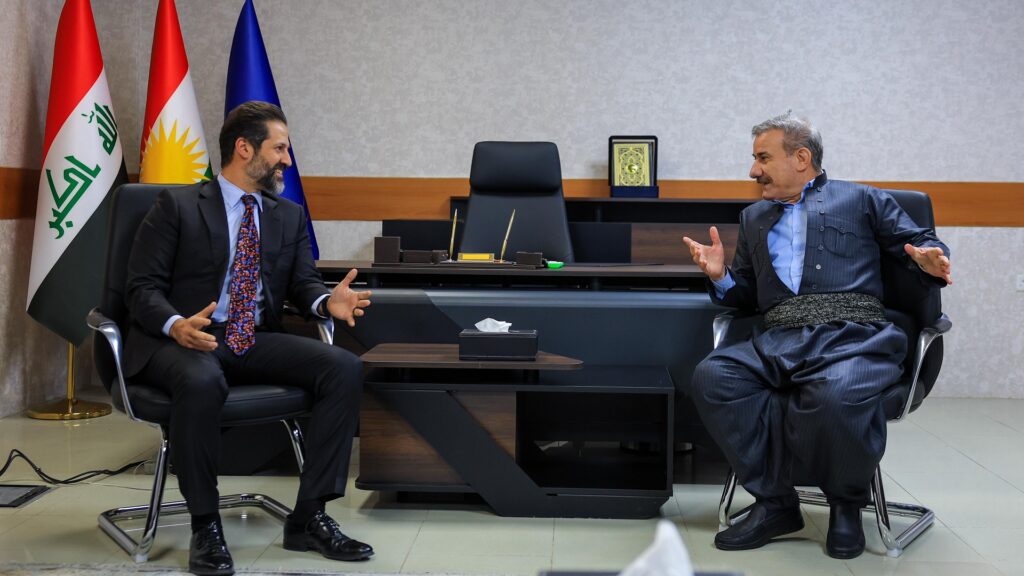
Engagement with the Change (Gorran) Movement
PUK delegation, headed by Talabani, met in Sulaymaniyah with Dana Ahmed Majid, General Coordinator of the Change (Gorran) Movement. They discussed the political landscape of the Kurdistan Region and preparations for the post-election phase.
Both parties stressed the necessity of careful handling of the current political environment to foster stability. They agreed on a collaborative approach to address challenges and improve the quality of services provided to citizens. Enhancing living conditions and maintaining a secure political environment were highlighted as joint priorities.
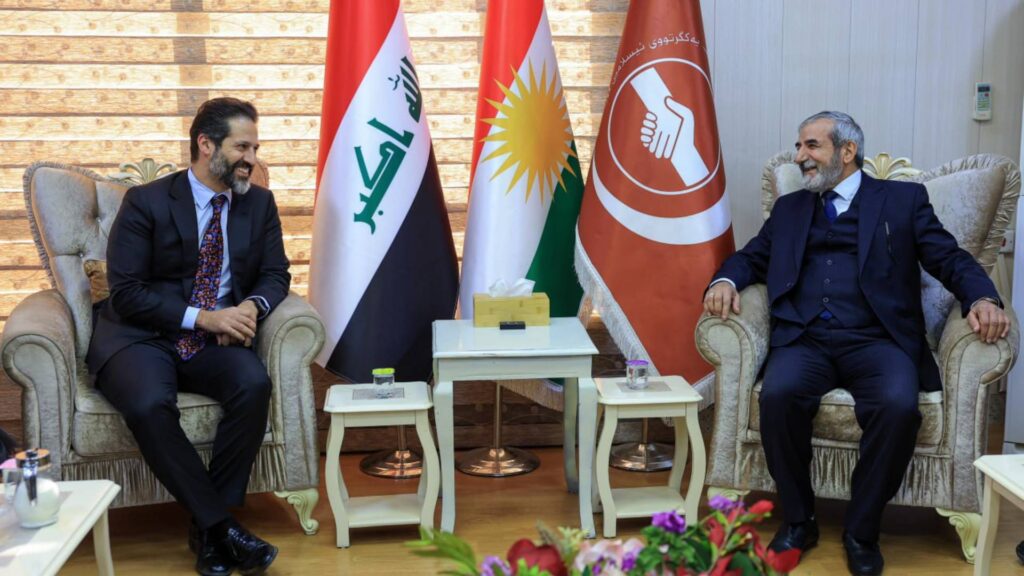
Discussions with the Kurdistan Islamic Union
The PUK delegation also met with Salahaddin Bahaaddin, Secretary-General of the Kurdistan Islamic Union, in Sulaymaniyah. Attended by key members of both parties, the meeting focused on bilateral relations and the political climate in the Kurdistan Region.
Both sides emphasized the importance of building strong regional institutions that prioritize citizen welfare. They agreed that delivering quality services and ensuring economic stability should be central to the new government’s agenda. Effective steps to improve livelihoods were identified as critical priorities for the coming period.
Strategic Talks with British Officials
In addition to intra-regional political engagements, Qubad Talabani, also Deputy Prime Minister of the Kurdistan Region, welcomed British Home Secretary Yvette Cooper in Erbil. The meeting was attended by high-ranking security officials and British diplomats.
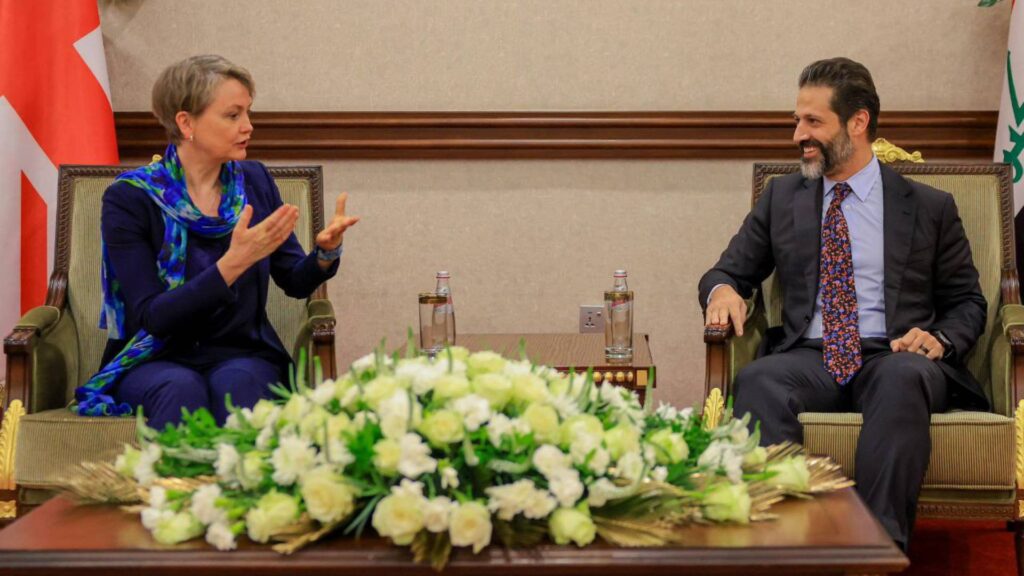
Discussions focused on strengthening bilateral ties, particularly in combatting organized crime and drug trafficking. Both sides praised the existing cooperation and stressed the need for further collaboration. Addressing illegal immigration, Talabani highlighted the importance of economic development as a long-term solution. He urged joint efforts between the Kurdistan Regional Government, the UK, and European nations to tackle youth unemployment and improve local economic conditions.
The meeting also touched on the political situation in the post-election era. Talabani emphasized ongoing negotiations among political parties to form a new government, aiming to address economic challenges and improve service delivery. He reiterated that the primary goal is to create an effective, citizen-focused government capable of addressing the Kurdistan Region’s pressing issues.
A Unified Vision for the Future
Qubad Talabani’s post-election meetings reflect a strategic effort to build consensus among Kurdistan’s political forces. By prioritizing citizen welfare and institutional development, these discussions aim to foster political stability and economic growth. The PUK’s engagement with key parties like the KJG, Gorran, and the Kurdistan Islamic Union, alongside international partners, sets the stage for a collaborative approach to addressing the region’s challenges.

